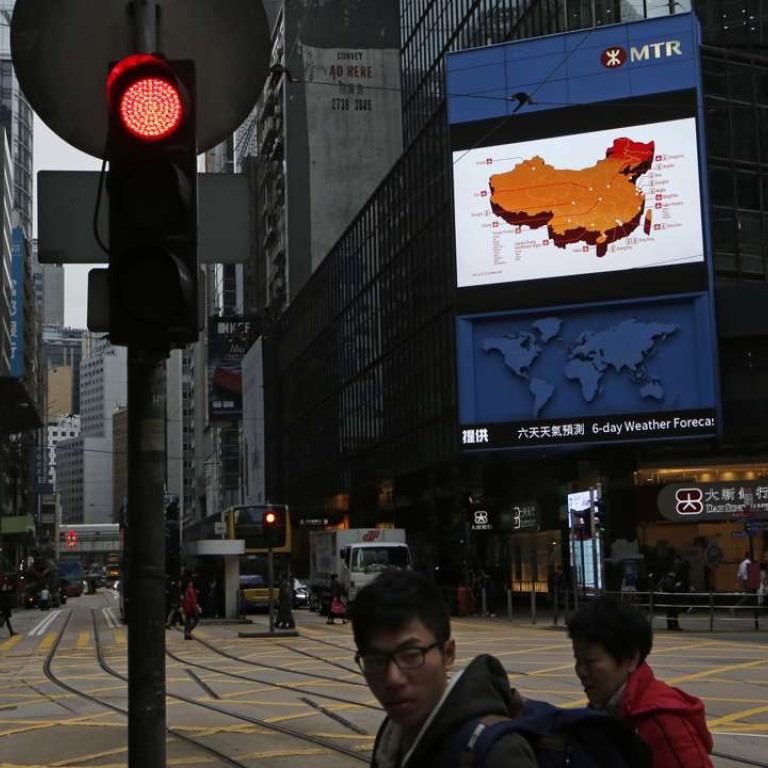
A softer, gentler Beijing shows its good grasp of what’s ailing Hong Kong
Gary Cheung says top leaders’ professions of trust in Hong Kong people to deal with their own problems, which erupted into violence in Mong Kok, may surprise those who believe Beijing to be clueless
When Hong Kong deputies to the national congresses caught their flights to Beijing early this month, most were prepared to be lectured by state leaders. Some would even have been looking forward to being told off about the “grave situation” in Hong Kong in the wake of the Mong Kok riot and told what to do to “put the house in order”.
Hong Kong independence: waiting for the idea to go nowhere

It is no coincidence that Leung has toned down his combative approach
State leaders are, as Feng said, “patient” in handling Hong Kong affairs.
Judging from the pragmatic approach of our top officials, it would seem that their intelligence gathering on Hong Kong since the historic July 1 march in 2003 has paid off. The scale of the protest against proposed national security legislation caught the Hong Kong and central governments off guard and forced the authorities to shelve the plan.
Since then, Beijing has dispatched hundreds – if not thousands – of researchers and officials to talk to people from all walks of life in Hong Kong. They submit regular reports based on their observations and interviews.
How can we resolve the conflicts in Hong Kong and ensure ‘one country, two systems’ thrives?

Beijing may consider alternative candidates in 2017 Hong Kong chief executive poll
When delegates returned in the middle of last week, they were upset by their failure to get any clue about the million-dollar question: will Beijing support Leung to seek another term?
The central government, which has a good grasp of the situation in Hong Kong, is smart enough not to give any hint at such an early stage. Mainland officials know more about what’s going on here than many Hongkongers, including Leung, imagine.
Gary Cheung is the Post’s political editor

